Codependency can be a relationship killer, and is perhaps one of the most subtle and insidious ways in which a relationship either turns toxic and/or ultimately ends. So, how to stop being codependent i.e. being excessively reliant on a partner in a relationship, to the point where one or both of you barely have any autonomy or individuality left?
Codependency is a tricky minefield to navigate because being giving and self-sacrificing are often seen as essential components of love. But while it’s great to be considerate and caring toward a partner, overdoing it can be dangerous as it may enable your or your partner’s toxic behaviors.
Codependent relationships may seem like they’re wonderful, with a couple seemingly always looking out for each other and leaning on each other no matter what. But what happens when a partner becomes an absolute crutch? When one or both of you cannot make independent decisions anymore? When your lives revolve only around each other?
To shed more light on how to stop being codependent, we asked for pointers from emotional wellness and mindfulness coach Pooja Priyamvada (certified in Psychological and Mental Health First Aid from Johns Hopkins Bloomberg School of Public Health and the University of Sydney), who specializes in counseling for extramarital affairs, breakups, separation, grief and loss, to name a few. Read on for her expert insights.
What Does It Mean To Be Codependent?
Table of Contents
“Codependency in a relationship is when a person enables their partner’s self-destructive behaviors such as addiction or emotional sabotage by covering up their problems or shielding them from consequences. However, it can take on many different forms, depending on the relationship,” says Pooja.

Codependent relationships, therefore, promote overt dependency on one another rather than helping both partners to grow as healthy individuals who bring unique strengths to their bond. It may also manifest as one partner becoming a caretaker of sorts and the other partner taking advantage, thus leading to unhealthy relationship power dynamics.
Such situations often arise if one partner is struggling with chronic illness, substance abuse issues, or any other situation where they need constant care. But rather than striving to be self-sufficient even in small ways, they start being completely dependent on their partner. In turn, the caretaking partner may start seeing themselves as a martyr, sacrificing their identity to look after the other.
Such relationships are deeply toxic to both parties. The good news is, you can take a step back, acknowledge what’s happening, and then take steps to fix it. So, how to stop being codependent in a relationship? Whether you’re leaving a codependent relationship or want to stay on and work on things, we’ve got you covered.
How To Stop Being Codependent – According To Experts
How to stop being codependent? How do you dig yourself out of a relationship hole you probably dug in the name of love? We’ve rounded up 9 expert tips for you to ponder and act on when you’re asking yourself, “How do I stop being codependent?”
1. Invest in self-care/self-love
“The first major damage that codependency does is to our self-image. So, while recovering, it is essential to indulge in self-care and self-love which ultimately leads to increase in self-respect and confidence,” Pooja says.
If most or all of your life is invested in your partner and their well-being, there’s a good chance you’re neglecting your own physical and emotional health. The easiest way to feel as though you have no value outside of your relationship is to look in the mirror and see a tired, constantly defeated person.
Make time for yourself. Read a book, take a long walk, join an aerobics class, book yourself a luxury massage. Go out with friends, or take yourself out on a date. Buy yourself a new outfit, put on your favorite lipstick, and be good to yourself. Remember, you can’t be good to others if you’re not good to yourself first.
Related Reading: 9 Signs Of Unhealthy Compromise In A Relationship
How to stop being codependent is a question with a messy and long answer. You’re going to need to invest a lot of time and effort in this journey, which means investing in your own strength and well-being. Take care of yourself first, and then your partner.

2. Nurture your support system outside your relationship
“While your relationship with your partner is important in your life, it is critical to not isolate yourself because of it. You need to keep your other relationships alive and create a support system you can turn to when there is a crisis in your romantic relationship,” warns Pooja.
Romance is so often seen as the pinnacle of relationships that we tend to neglect the importance of platonic and familial connections. It is both unhealthy and unfair to put all your emotional expectations and emotional baggage on one person in any case. There are plenty of loving and meaningful connections to be made outside of romantic relationships, which contribute to a rich and varied life.
Codependent relationships tend to make us clingy and dependent on our partners. And inevitably, we end up being resentful and disappointed when they cannot fulfill our every expectation and desire. Therefore, the healthiest thing we can do is to have a robust and loving support system outside our romantic relationships.
Remember, being completely dependent on a partner also makes you more vulnerable. If you’re living with a narcissistic wife or husband, or an abusive partner, or if you’re leaving a codependent relationship, it’s important to have people you can go to for help and support.
3. Establish healthy boundaries
“Good emotional boundaries are must-haves in any ideal relationship. In a codependency situation, these become absent. Even between intimate partners, there have to be healthy boundaries so that nobody feels that their space and self-identity is being violated by the other,” Pooja explains.
Healthy relationship boundaries make for healthy relationships. And one of the major signs of a codependent relationship is that boundaries are blurred. “My partner was recovering from a major sports injury, and it took many months. During that time, he became completely dependent on me and was, in turn, angry and terrified that I would leave him, or that I wasn’t doing enough to take care of him. He took to checking my phone and calendar to see where I was going and who I was talking to,” says Shelley.
How to stop being codependent? Know your limits and establish some for your partner. There will be some situations where you need to stay on your side of the fence, and they on theirs. This does not, in any way, signify a lack of love or care, rather, it’s about promoting and trying to nurture a better relationship that benefits both of you.
Related Reading: Healthy Vs Unhealthy Vs Abusive Relationships – What’s The Difference
4. Identify your co-dependency issues
“Often, codependency stems from childhood trauma or past relationships. If one understands these triggers, it becomes easier to not fall into the old patterns and traps of the same. Through therapy and counseling, these issues can be addressed so that they don’t affect your current or future relationships,” counsels Pooja.
Seeking help can and should be a major part of your recovery from codependency and trauma bonding. It is highly important to confront your past and any trauma you have buried that is now manifesting in codependent relationships in your adult life. Maybe you witnessed unhappiness in your parents’ marriage, or went through painful relationships in your own life.
Introspection is important here, but eventually, talking to a professional who will listen without bias or judgment will be of immense help. While living in the past isn’t helpful, burying it without addressing your pain, anger, and other feelings will only make you more susceptible to codependent relationships and other unhealthy connections later.
The ‘how do I stop being codependent’ question is difficult to address if you don’t know its root cause. There’s no point in doing a surface cleanse and assuming that it’s all good. If you do decide to seek help, Bonobology’s panel of expert counselors are just a click away.
5. Detach from the relationship, if needed
Leaving a romantic relationship is rarely easy. Leaving a codependent relationship is especially difficult because its primary quality is that it has rendered you completely dependent on your partner. Walking away or even taking a step back emotionally can be terrifying in this case, and thereby, even more necessary.
“It is important to recognize and understand that sometimes, despite sincere effort from one or both partners, a relationship doesn’t seem to improve. In such toxic relationships, it is better for all to be detached and create a physical or emotional safe distance,” Pooja says.
Detachment doesn’t necessarily mean a breakup, but it could be a short, less permanent break. A little distance could bring some perspective and help you realize just how much of your autonomy and self-sufficiency you’ve lost. Once you’ve worked on yourself as an individual and as a partner, you can always consider giving your relationship another chance.
Overcoming your fear of being unable to take care of yourself is a major component of how to stop being codependent in a relationship. And remember, a relationship that is draining you of the ability to stand strong might not be one you want to be in anyway, so a relationship break could be the answer.
6. Be selfish to be unselfish
We’ve already talked about self-love, but this goes a little deeper. Selfish isn’t usually a word that goes well with a healthy relationship. In fact, it’s rarely meant as a compliment or positive attribute in any aspect of life. But if the defining question of your life is “How do I stop being codependent?”, it’s time to think about what’s good for you.
Now, both parties can be codependent in a relationship, but ultimately, whoever is a little more selfless becomes the caretaker, and the other partner is usually the one demanding constant care and attention.
Related Reading: 13 Traits That Distinguish Selfish Love From Selfless Love
Remember, being totally selfless enables your partner’s self-destructive tendencies. So, be a little selfish. Start saying ‘no’ to them sometimes. Practice positive self-talk every time you start feeling guilty that you’re not doing enough for them. Think about yourself as separate from your relationship, as a whole person, rather than one half of a relationship.
This will stir up all kinds of feelings within you and your partner, who may feel neglected and terrified of losing you. As the caretaking partner, you will experience extreme guilt and unease at not giving over your entire life to your partner’s care. That’s all the more reason to step back and be a little selfish.
7. Practice clear communication
Communication issues in relationships are hardly uncommon, and resolving them is important for the sustenance of love and respect between two partners. But when you’re in a codependent relationship and trying to figure out how to stop being codependent, stepping up and speaking out becomes crucial.
Remember, improving communication in relationships isn’t just about blurting out your feelings as and when you feel them. Feel your feelings by all means, but it might be a good idea to work out what you’re going to say, maybe even write it down. When you’re in a codependent relationship, talking about your own feelings means shifting the focus off your partner and onto yourself.
This can feel terrifying because you’re so used to being the caretaker, the one who holds up your partner’s feelings in the spotlight at all times. You might fear your partner’s silent treatment, anger, resentment, or other forms of emotional abuse if you start communicating.
Start with small steps. Define a time when you and your partner are both free and able to talk without interruptions. Don’t be cowed or swayed by their expressions and ask them not to interrupt you. Outline your needs, and state what is not being met, gently but firmly. Don’t try blame-shifting, but don’t let them gaslight you either. Stand strong for yourself.

8. Clarify your relationship expectations
Again, this might seem an obvious thing to do in any relationship. But we’re talking about codependent relationships here and how to stop being codependent, so things that seem simple and obvious need special attention here.
What were your relationship expectations before your dynamic became codependent? What did you want from a love affair? How did you expect tenderness, care, and affection to manifest with your partner, and what did they look like in the relationship you earlier had in mind?
“I’ve always been the crisis manager, the one who stands strong in a storm and takes care of other people,” says Phoebe. “I suppose I went into all my romantic relationships, subconsciously thinking that my role would stay the same. It took a long time to realize that I, too, wanted to be taken care of, to have someone stand strong for me, instead of having to do it all alone.”
It’s a good idea to have these conversations before marriage or before you enter a serious partnership, but human emotions are rarely so cut and dried. We’re deep into relationships before we even call them that, and are codependent before we know it. But once you do realize something’s wrong, it’s important to be clear to yourself and to your partner about what you need.
9. Promote self-sufficiency for your partner and yourself
For all the talk of ‘two becoming one’ and ‘two bodies, one soul’, a healthy relationship consists of individuals in all their deeply messy, human uniqueness. Celebrating yourself and your individuality is perhaps the best thing you can do for yourself and your partnership, especially in codependent relationships.
A key factor in codependency is that the partners fall deep into the roles of caregiver and caretaker, i.e. one who keeps giving and one who keeps taking. One is completely immersed in their role as the martyr, while the other is wholly reliant on their partner’s strength and giving nature. Neither can break away from the other or from the relationship.
Related Reading: I Don’t Feel Loved: Reasons And What To Do About It
This is where you need to step back and regain some form of self-sufficiency. Try making your partner take responsibility and accountability for themselves and their actions. Get them to do things for themselves – the things that you know they can do on their own – rather than running around for them.
It could be something as small as getting them to make a meal for themselves, or helping out with a household chore. Or it could be a bigger, more emotional task of apologizing when they are in the wrong, rather than sulking. This lets them see that they are capable of taking care of themselves and reminds them that you are more than just their caregiver.
Leaving a codependent relationship is never the easiest thing, and staying in one is, of course, never simple either. A codependent relationship doesn’t mean there is a lack of love or good feelings between you and your partner. Neither does it mean that your unhealthy relationship cannot be repaired at all or will not be long-lasting.
But it is important to acknowledge codependence in a relationship and the damage it can do to it. A relationship may not start out as codependent, but it can creep up on even the healthiest of bonds and cause cracks that need to be healed from the root, rather than papered over.
Not every codependent relationship can be healed, however. When it becomes a toxic relationship where your partner shames you for not being there enough for them, and you are unable to stand up for yourself, it is time to let go. Remember, no relationship is worth your own peace of mind.
If healing is possible, there will be a lot of work to do for both of you. Acknowledging this sickness in your relationship, seeking help, opening up to your partner – all of this will be difficult. Be clear in your own mind about whether your relationship is worth working on and saving, then choose your path accordingly. Good luck.
FAQs
To stop being codependent with a narcissist, you need to be firm, set clear boundaries, and communicate with strength and clarity. Let them know that you have your own individual life to live and nurture, and that you are not defined only as their partner and caretaker.
Codependence can stem from childhood trauma or past relationships that caused us pain or were physically or were emotionally abusive relationships . If we’ve always learned that bending over backward for a loved one at the cost of our mental peace is the way to have a successful relationship, it’s very likely that we’ll be codependent in our romantic relationships.
9 Ways To Be Independent In A Romantic Relationship
Your contribution does not constitute a charitable donation. It will allow Bonobology to continue bringing you new and up-to-date information in our pursuit of helping anyone in the world to learn how to do anything.





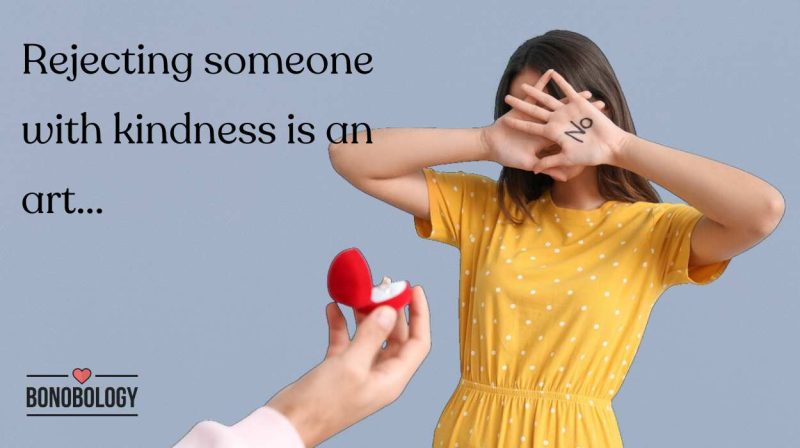
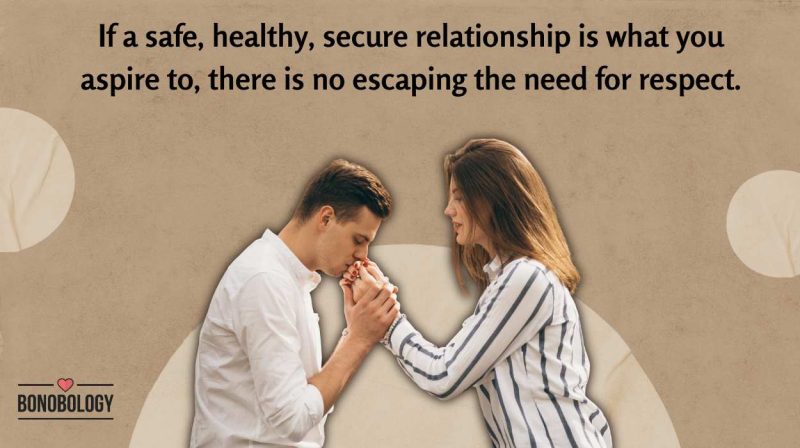

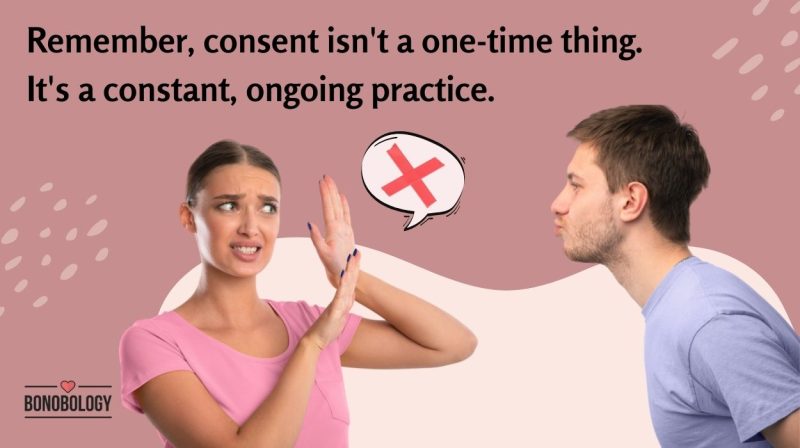
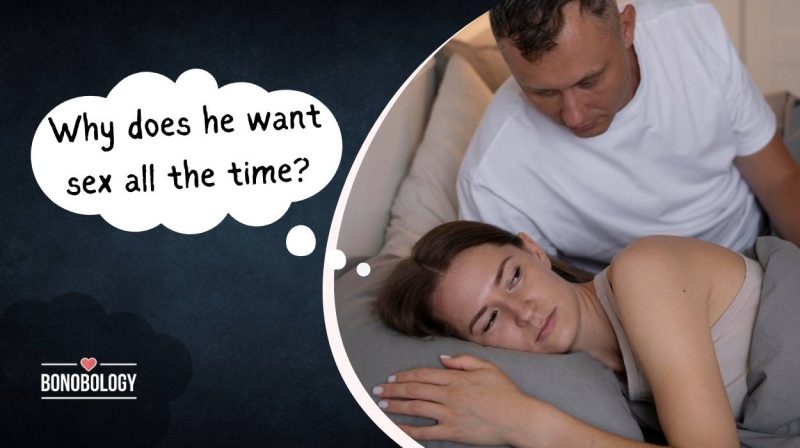
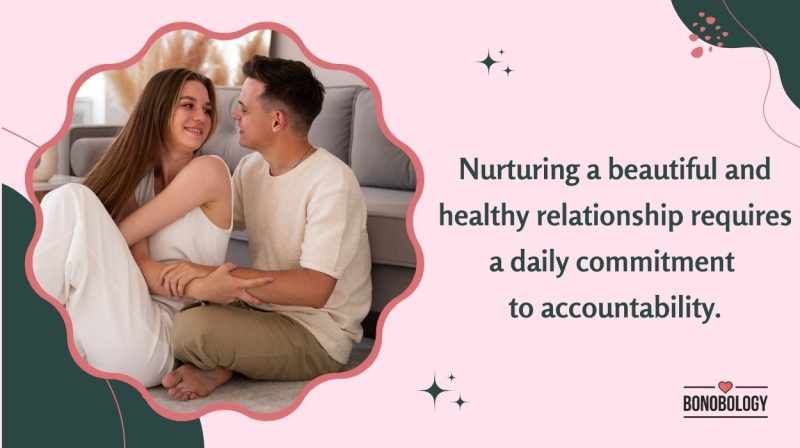
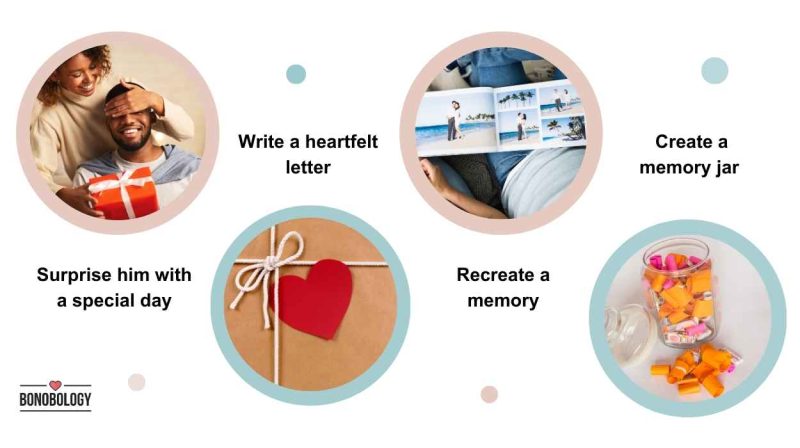
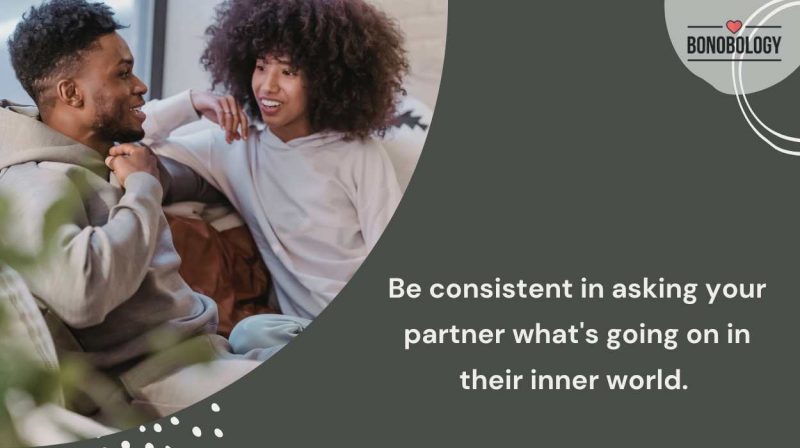

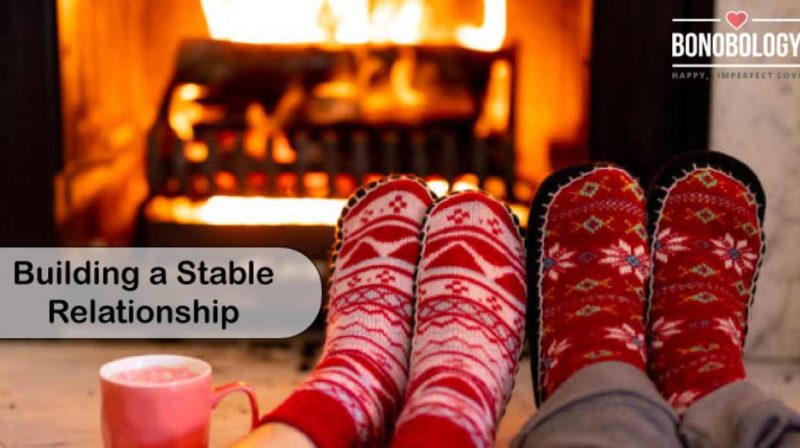


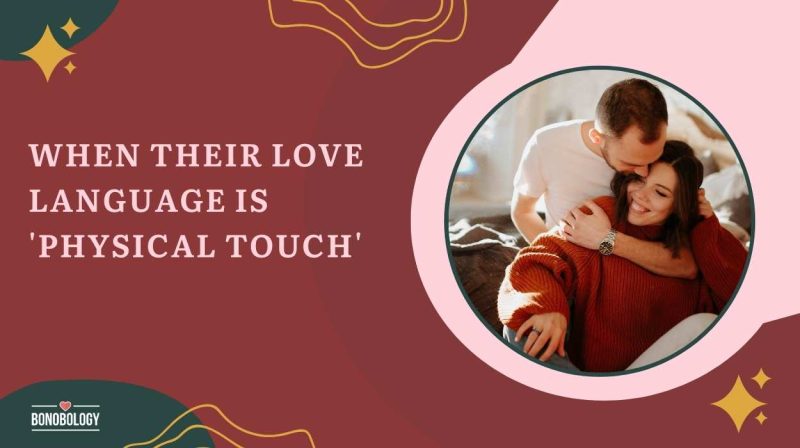
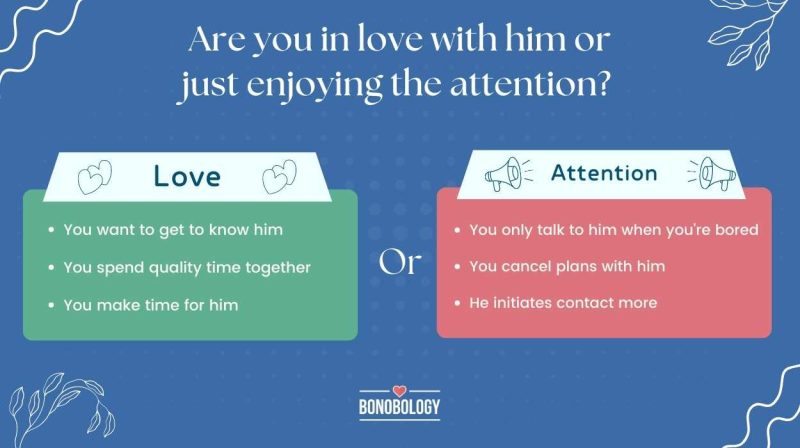
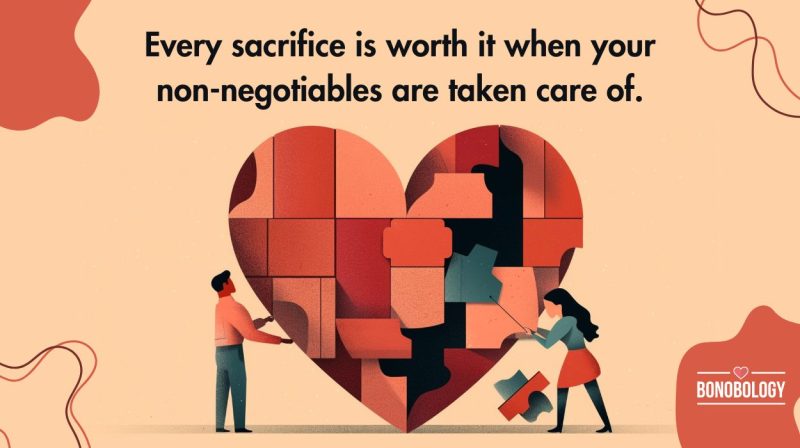
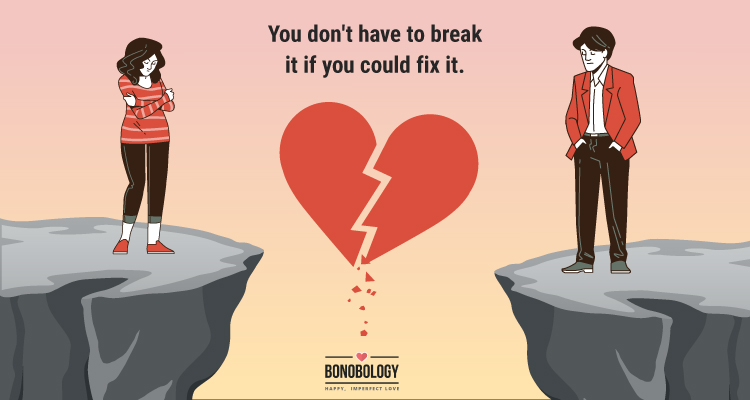
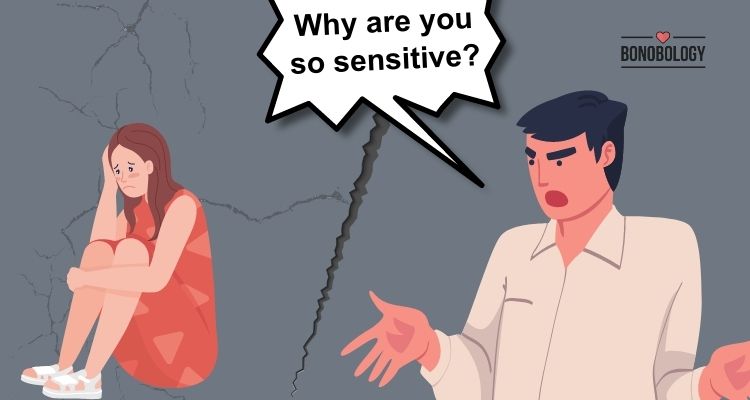

Featured
6 Tips for Helping Your Partner Quit Smoking in Their 50s
How He Treats You Is How He Feels About You — Is It True?
How To Let Someone Down Easy With Kindness And Grace — 13 Tips
How To Show Respect In A Relationship — 9 Ways
The Pitfalls Of Nice Guy Syndrome: How It Affects Relationships
Navigating The Complexities Of Consent In Modern Relationships
11 Ways To Deal With A Sexually Demanding Husband
Accountability In Relationships – Meaning, Importance, And Ways To Practice
How To Apologize To Your Boyfriend: 15 Ways
10 Thought-Provoking Relationship Check-In Questions for Deeper Connection
Is A Monogamous Relationship Right For You? 11 Questions To Help You Find Out
10 Signs You Are In A Truly Stable Relationship (Even If You Feel Otherwise)
7 Subtle Signs Your Partner is Quiet Quitting Your Relationship
Secure Relationships – What Are They And What Do They Look Like?
Physical Touch Love Language: What It Means With Examples
Do I Like Him Or The Attention? Ways To Find Out The Truth
17 Non-Negotiables In Relationships You Must Never Compromise On
15 Ways To Solve Relationship Problems Without Breaking Up
9 Common Narcissist Gaslighting Examples We Hope You Never Hear
The Most Important 7 Qualities Of A Healthy Relationship